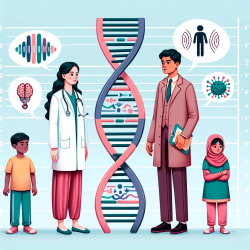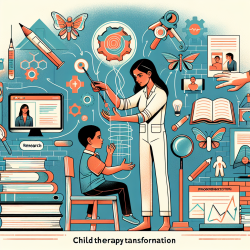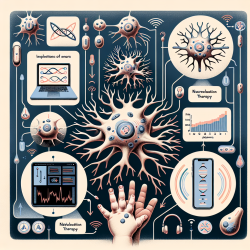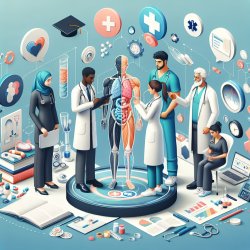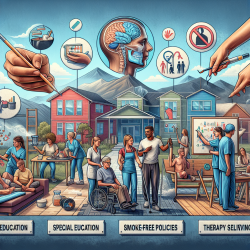Introduction
In the evolving landscape of education and professional development, the need for adaptive training programs that prepare STEM Ph.D. students for diverse career paths is more crucial than ever. The research article "Professional development and career-preparedness experiences of STEM Ph.D. students: Gaps and avenues for improvement" highlights significant gaps in current Ph.D. training programs and offers pathways for enhancing career readiness.
Key Findings from the Research
The study identifies several barriers faced by STEM Ph.D. graduates, including limited awareness of career options outside academia, insufficient professional networks, and inadequate preparation for non-academic roles. These challenges often result in graduates accepting temporary positions that do not align with their career aspirations.
To address these issues, the research suggests several improvements:
- Increased Awareness: Programs should incorporate training that highlights diverse career paths available to STEM Ph.D. graduates, beyond traditional academic and R&D roles.
- Networking Opportunities: Establishing connections with professionals outside academia can provide valuable insights and open doors to various career opportunities.
- Embedded Professional Development: Integrating professional development activities into the Ph.D. curriculum can better prepare students for the job market.
Practical Steps for Practitioners
As practitioners in the field of education and therapy, it is essential to implement these findings to foster better outcomes for students. Here are some actionable steps:
- Mentorship Programs: Develop mentorship initiatives that connect students with professionals in various sectors. This can provide guidance and broaden their understanding of potential career paths.
- Workshops and Seminars: Organize workshops that focus on skill development, resume building, and interview preparation. These should be tailored to equip students with the tools needed for diverse career pursuits.
- Internships and Real-World Experience: Encourage students to participate in internships that offer exposure to different industries. This practical experience is invaluable in understanding the dynamics of non-academic work environments.
Encouraging Further Research
While the study provides a comprehensive overview of the current state of STEM Ph.D. training, further research is needed to explore specific interventions that can be implemented across various disciplines. Practitioners are encouraged to contribute to this growing field of study by conducting research that evaluates the effectiveness of different professional development strategies.
Conclusion
By addressing the gaps identified in this research, educational institutions can significantly enhance the career preparedness of STEM Ph.D. students. This not only benefits the students but also contributes to a more dynamic and versatile workforce capable of driving innovation across multiple sectors.
To read the original research paper, please follow this link: Professional development and career-preparedness experiences of STEM Ph.D. students: Gaps and avenues for improvement.





